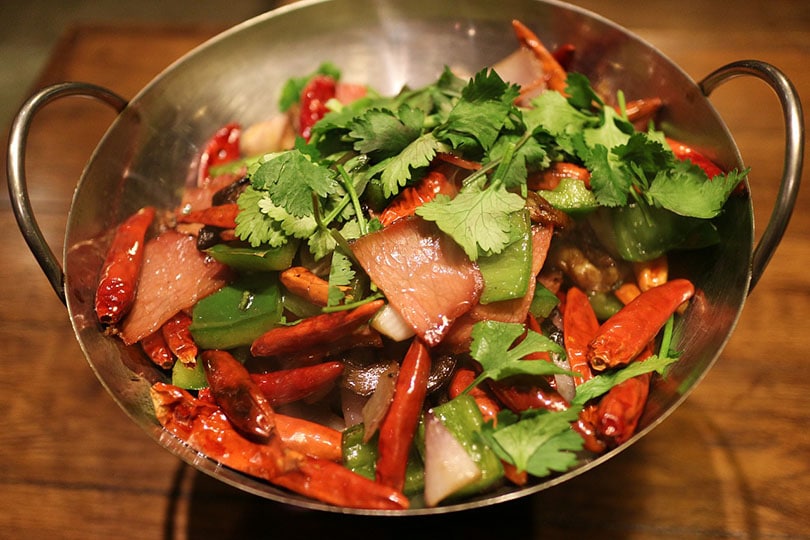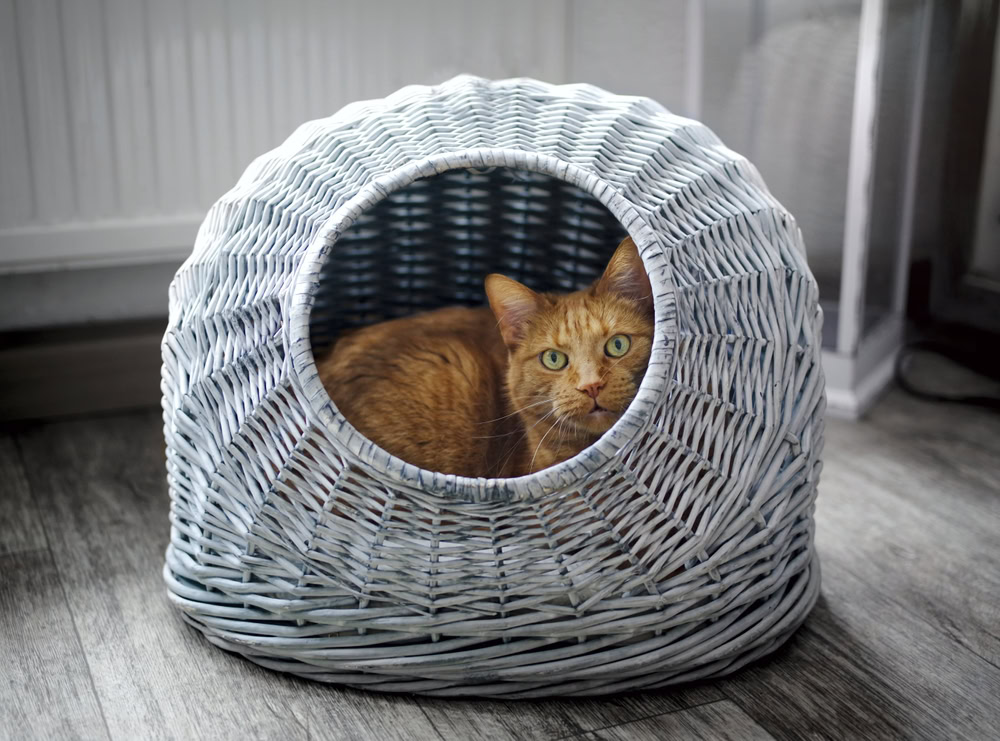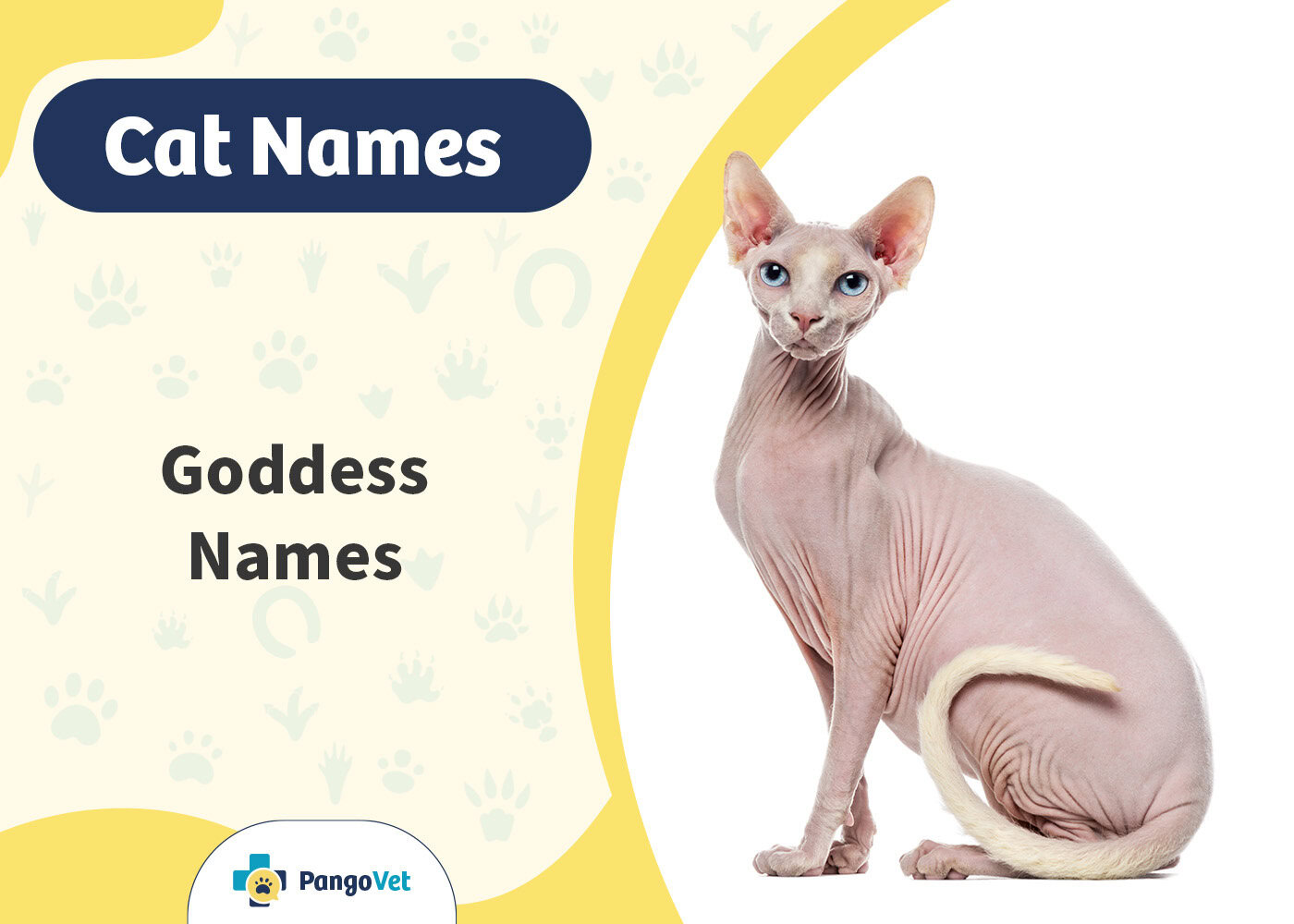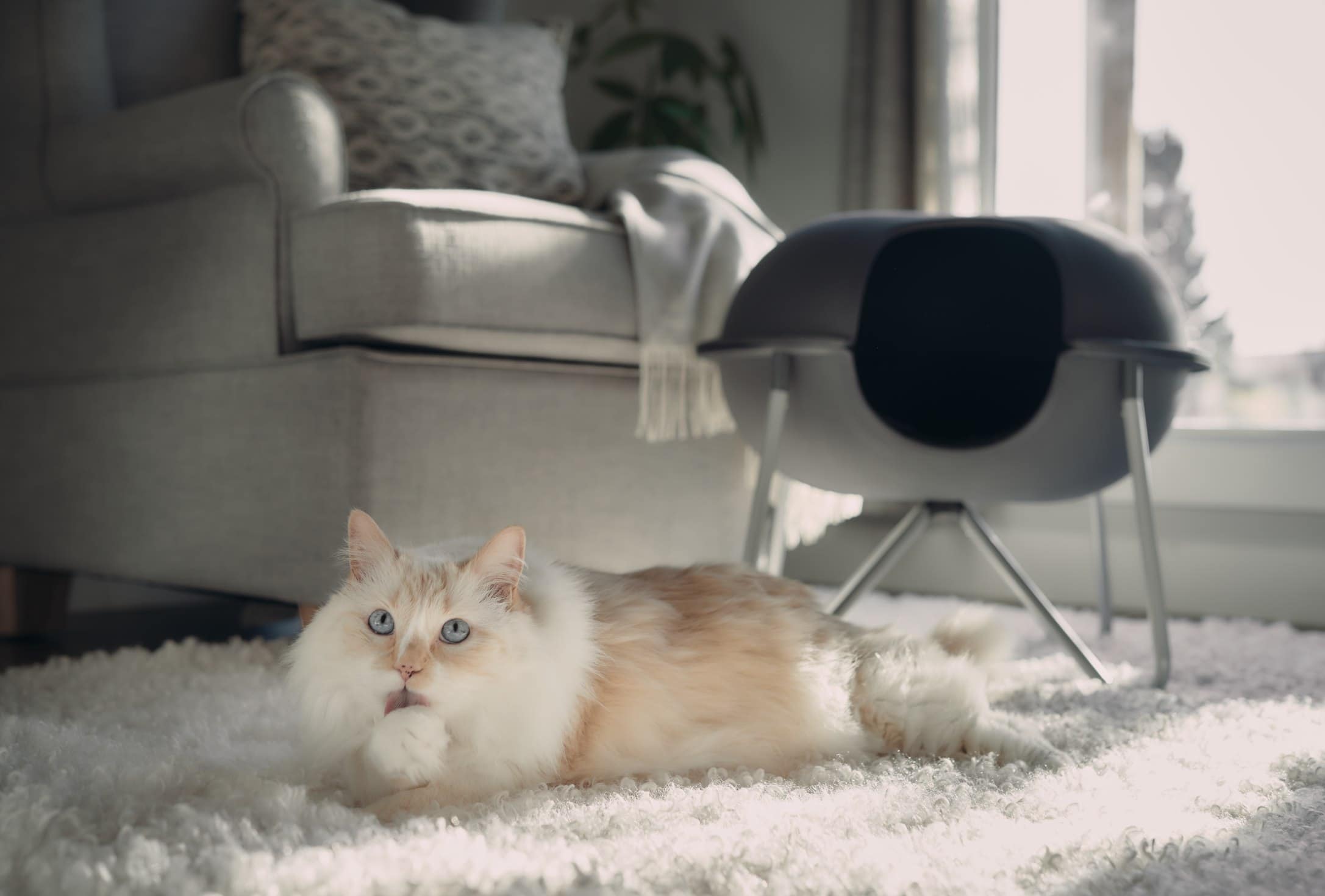Click to Skip Ahead
Picture this: you prepare a tasty meal full of your favorite spices and set it on the table. Out of the corner of your eye, you catch your cat creeping up on your plate. You can’t help but wonder if your cat can taste the spicy food.
Spicy is not a taste, it’s a pain signal, and yes, cats can feel it. If the meal you’re preparing has fish, chicken, or any other meat in it, it’s possible that your cat seems interested. However, spiciness will cause irritation in their mouth and eyes, and it will be a very unpleasant experience for them. You should, therefore, avoid giving any spicy food to your cat.

The Cat Palate
Cats have taste buds, but they don’t seem to be as developed as ours. They are not attracted to sweetness due to a lack of sweet receptors. Cats have their own preferences, and since they are strict carnivores, they are attracted to any meat-based meal.
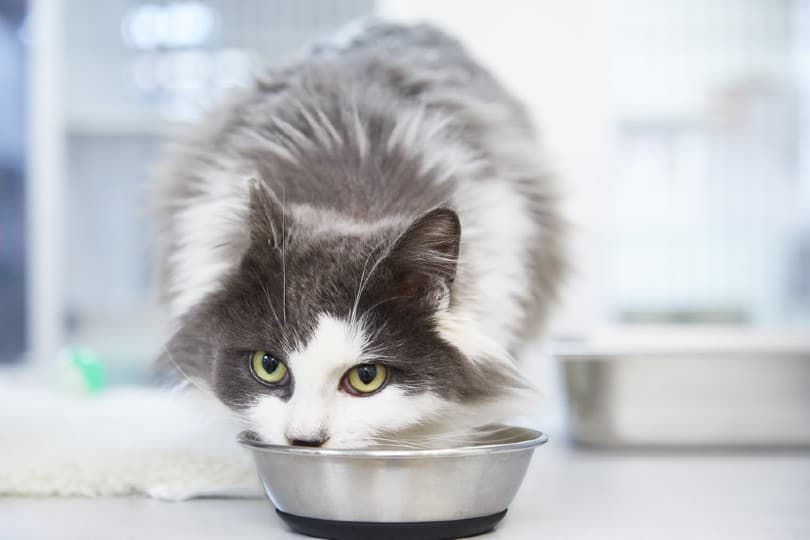
Is Spicy Food Bad for Cats?
Spicy food can be amazing and quite an experience for you. But it’s better not to feed it to your cat. If they get too clingy and want a taste, you can instead give them a cat treat while you eat your meal. Did you know cayenne pepper contains capsaicin? When your cat comes into contact with it, they get the same reaction you do: watery and itchy eyes and mouth irritation.
If your cat gets into spicy food, they may vocalize their distress. They may also develop signs such as drooling, pawing at their mouth, vomiting, and runny eyes. If this happens, you should rinse your cat’s mouth with water and contact your vet immediately.
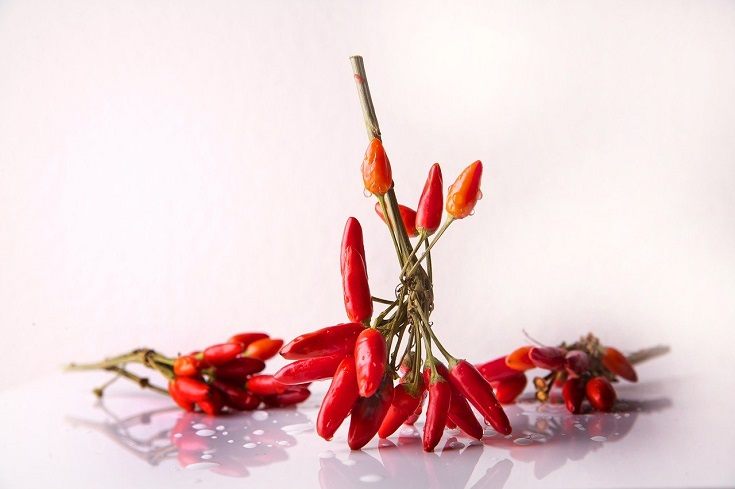
Why Do Some Cats Seem to Like Spicy Food?
Not all cats are drawn to spicy food. As some love the smell and come closer when you cook with spices, others stay clear of the kitchen. But why do some cats eat spicy food to the point of begging for it?
Some of the reasons are as follows:
Alluring Aromas
Imagine you pass by a restaurant or home cooking with the spices you like. It’s quite likely the aroma is everywhere. Spices have such strong aromas that tend to fill the whole space. That’s why you find your cat getting closer to your spicy food.
Like you, the aroma attracts them. At this point, you can keep the lid tightly closed on the pot to prevent your cat from taking a bite.
Ingredients
As mentioned earlier, even if your cat doesn’t like the smell of spices, the main ingredients can attract them. This is especially true if the food has some meat in it. Cats are attracted to meat in any form, and they may not even mind if the food has spices in it.
Hunger
When you’re hungry, food is food, right? There’s no time to be picky about what you eat. The same goes for most animals, including your cat. The spicy food may end up drawing them because they are starving. Since your cat is hungry, they come for your plate.

What Spices & Seasonings Are Toxic to Cats?
While some ingredients simply irritate your cat, others can be downright toxic. These are spices, seasonings, and foods you never want your cat to eat no matter what. These include onion, garlic, and chives—common ingredients in spicy food.
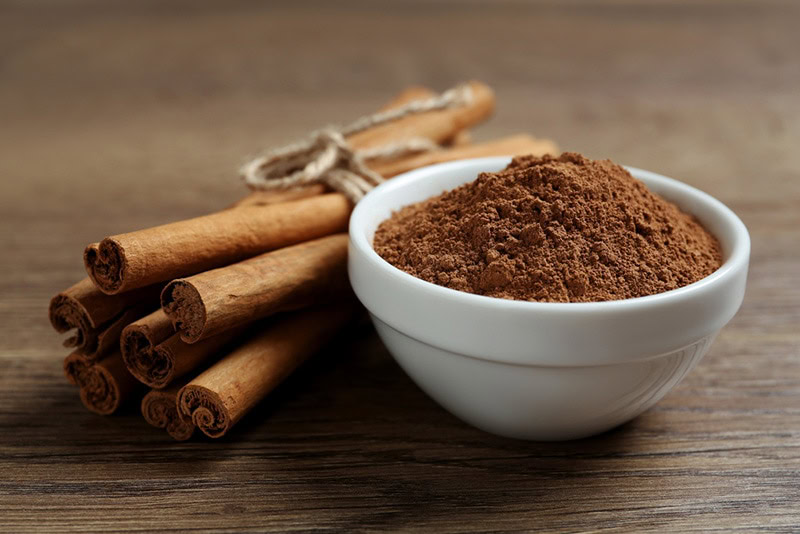
Cinnamon
Most of us cook with cinnamon at home. Not only is it a great spice for dishes, but you can use it for baking. Cinnamon can be tasty and have a good scent, but it’s not a good spice for your cat to eat.
Small exposures may not be too worrying, but if your cat eats a large amount of cinnamon, or if they inhale it, it can cause health problems such as digestive upset, irritation of the throat and stomach, coughing, and trouble breathing.
Nutmeg
Nutmeg is another favorite when preparing spicy food. It gives it the right aroma and taste that you want. However, it’s only good for humans and not cats. Nutmeg contains a compound known as myristicin.
When your cat ingests food that has a high nutmeg content, they can develop vomiting, agitation, abnormal pupil size, fast heart rate, difficulty walking, and hallucinations.
Garlic
Garlic, onions, chives, leeks, and any other herb from the Allium species are toxic to cats. Powdered or dried forms are even more toxic than their fresh counterparts since they are more concentrated. Garlic, onions, and the rest of the Allium family contain a compound known as an n-propyl disulfide.
The compound causes toxicity in cats that becomes evident through certain signs. It attaches to red blood cells in the body and gets attacked in the process as an invader. Cats can easily develop life-threatening anemia because of the compound since it destroys red blood cells.

Are There Spices That Are Good for Cats?
Not all spices, though, are harmful to your feline friend. It’s essential to distinguish between those that are poisonous and those that aren’t. Cats can safely consume the following spices and herbs:
Ginger
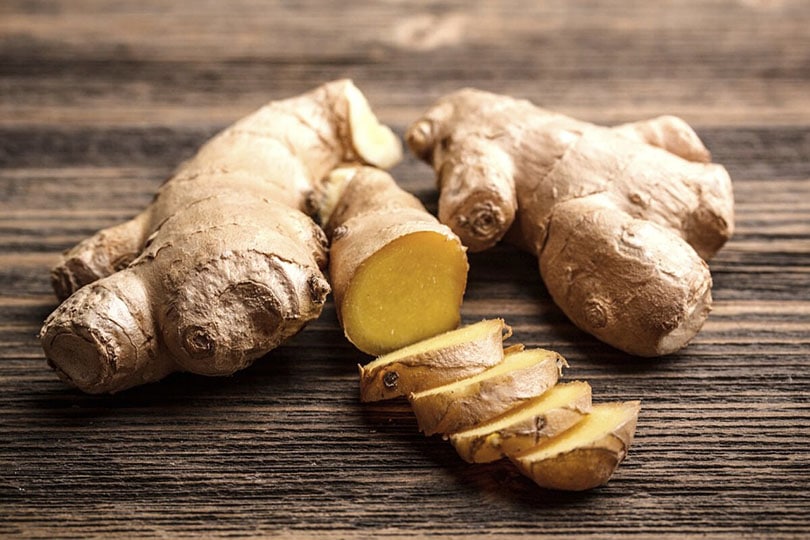
A tiny amount of ginger is safe for felines. There are no scientific studies on the benefits that cats get from ginger, but it seems that ginger can help your cat if they are experiencing nausea or vomiting.
Catnip
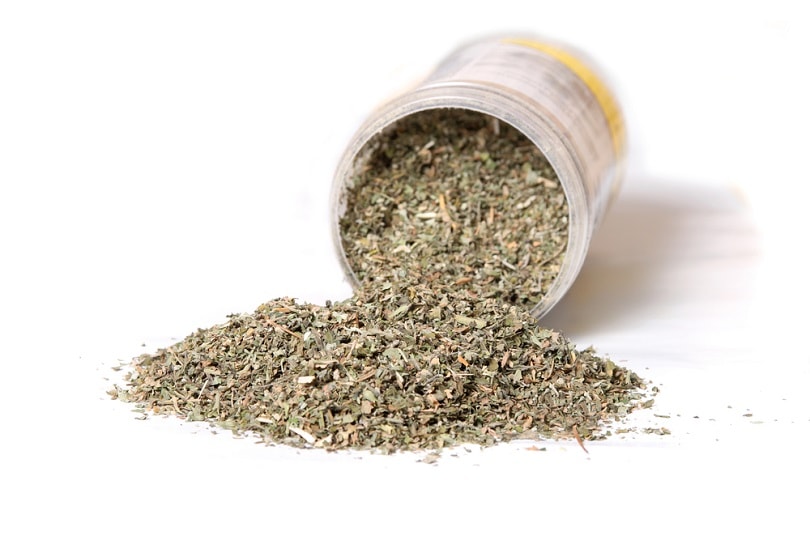
It’s a no-brainer that cats love catnip. They can get intense feelings of euphoria if they are able to react to it. It’s estimated that one out of every three cats has no reaction or response to catnip.
Dill
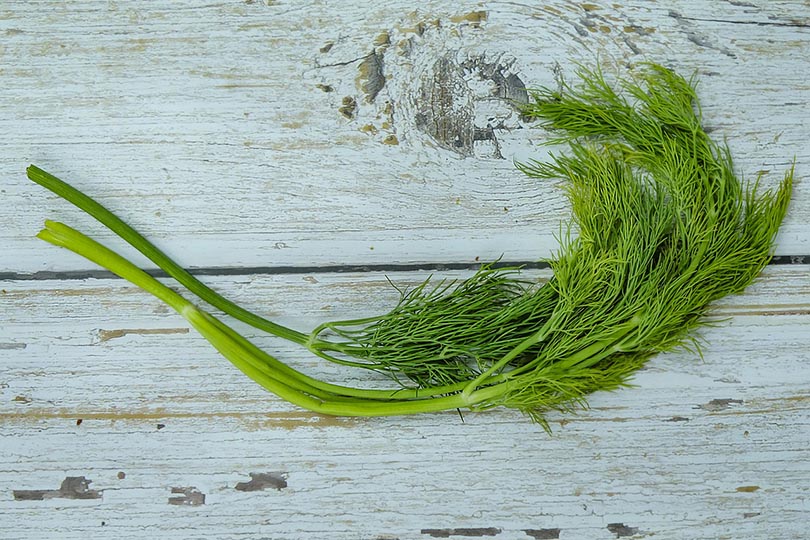
Dill is safe for cats to eat in small amounts, but it doesn’t provide any nutrients that your cat needs to stay healthy. Dill is a herb that won’t harm them, but if you’re planning to give your cat dill to treat any digestive signs, you should contact your vet first.
Valerian Root
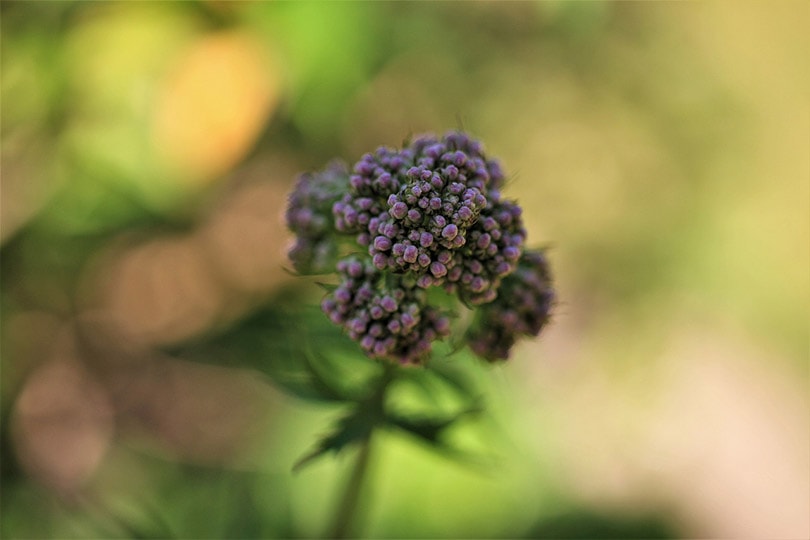
A good herb for cats is valerian. It works as a natural calming ingredient that keeps cats chilled.
Basil
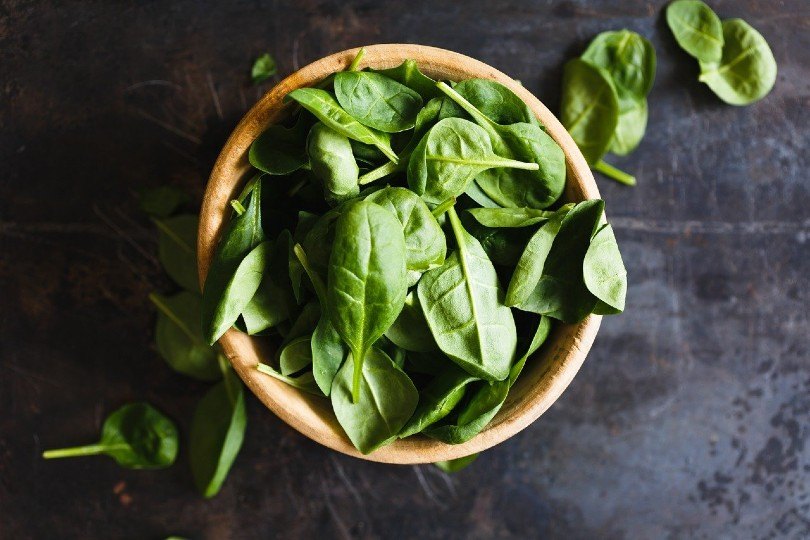
Basil is a culinary herb that’s safe for your cat. It won’t harm if they eat food that has some basil in it.

Conclusion
Spicy food can be quite interesting for you. However, it can harm your cat. So, as much as you’d love to share a plate with your feline friend, it’s better not to. Instead, serve them their designated food to take attention away from what you are eating.
Cats may seem attracted to spicy food because of the aroma, the ingredients, or simply because they like human food. But spices containing capsaicin can cause your cat serious health complications.
Still, not all spices are bad for cats. Some, like ginger, dill, and valerian, are safe for your cat. And catnip, for example, can be a great addition to your cat’s play sessions.
Featured Image Credit: Baohm, Pixabay
